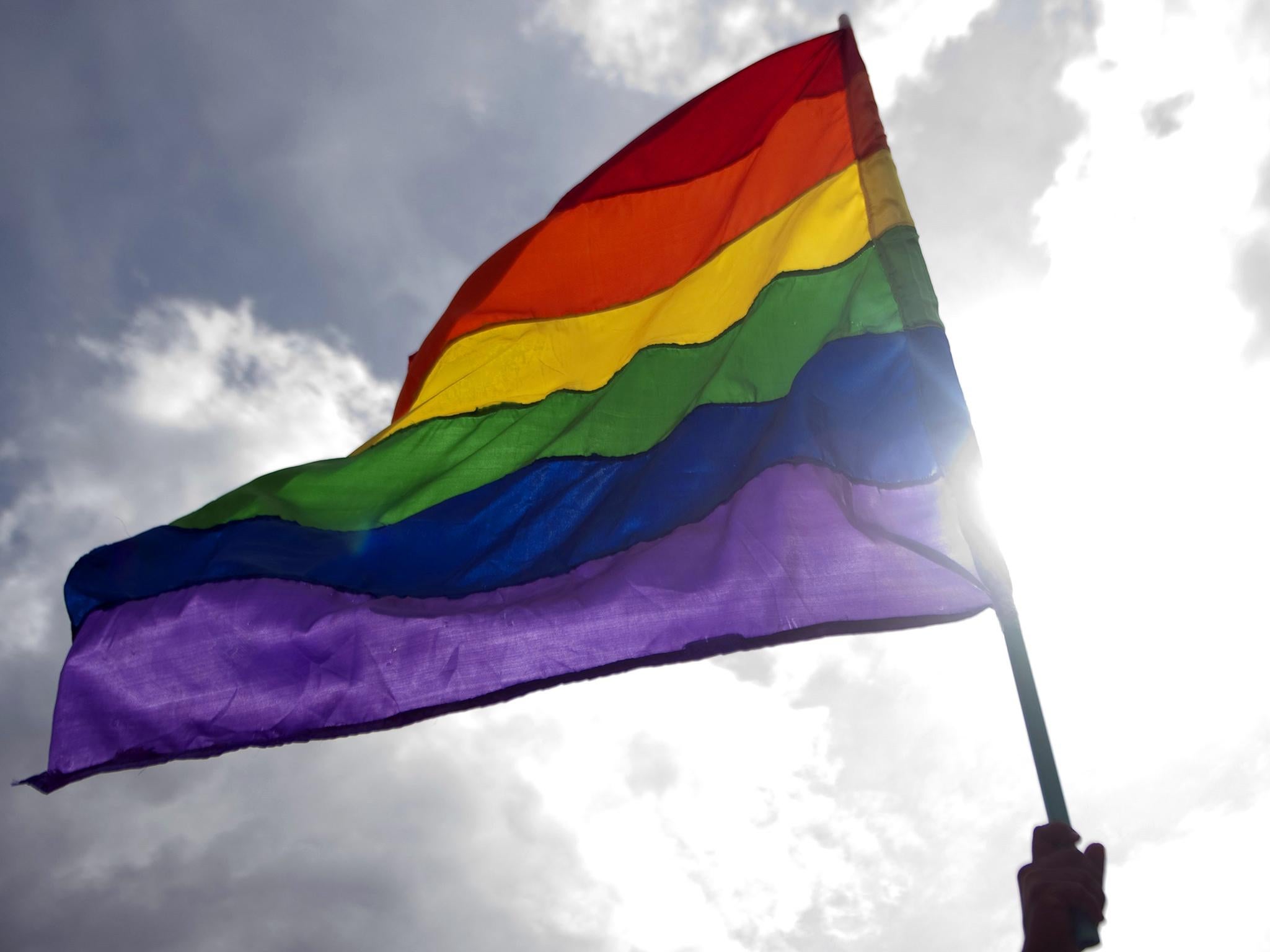Definition of marriage has now ‘evolved’ to include same-sex couples, EU court says
Advocate general recommends that member states be compelled to recognise same-sex marriages from other countries

Your support helps us to tell the story
From reproductive rights to climate change to Big Tech, The Independent is on the ground when the story is developing. Whether it's investigating the financials of Elon Musk's pro-Trump PAC or producing our latest documentary, 'The A Word', which shines a light on the American women fighting for reproductive rights, we know how important it is to parse out the facts from the messaging.
At such a critical moment in US history, we need reporters on the ground. Your donation allows us to keep sending journalists to speak to both sides of the story.
The Independent is trusted by Americans across the entire political spectrum. And unlike many other quality news outlets, we choose not to lock Americans out of our reporting and analysis with paywalls. We believe quality journalism should be available to everyone, paid for by those who can afford it.
Your support makes all the difference.The rights of same-sex spouses have to be recognised by every member of the European Union, even if a nation’s government does not permit gay marriage, the European Court of Justice (ECJ) has been advised.
The ECJ’s advocate general, Melchior Wathelet, said in an official legal opinion there had been “evolution” in the societies of EU countries, and the idea that “the term marriage means a union between two persons of the opposite sex can no longer be followed”.
If the advocate general’s recommendation is followed by the ECJ, European Union citizens will be allowed to bring in their same-sex spouses from non-EU countries to live with them in any member states under free movement rules – a right some countries only recognise for opposite-sex marriages.
The official opinion of the advocate general – the highest officers of the court who advise judges on how to rule on complex cases – will now be considered by a panel of ECJ judges. If they confirm his opinion, the ruling will become law across the whole EU.
“In his opinion delivered today, advocate general Melchior Wathelet states, first of all, that the legal issue at the centre of the dispute is not that of the legalisation of same-sex marriage, but that of the free movement of EU citizens,” the court said in a statement.
“While member states are free to provide for marriage between persons of the same sex in their domestic legal system or not, they must fulfil their obligations under the freedom of movement of EU citizens.”
The judge said the term “spouse” in EU law had to be “interpreted autonomously and uniformly throughout the EU”, adding that it “refers to a relationship based on marriage while nevertheless being neutral as to the sex of the persons concerned and indifferent as to the place where that marriage was contracted”.
Concluding, he said: “In that context, the advocate general considers that, in view of the general evolution of the societies of the member states of the EU in the last decade in the area of authorisation of same-sex marriage... the term ‘marriage means a union between two persons of the opposite sex’ can no longer be followed.”
The judge added that “the objective of protecting the traditional family cannot justify discrimination on grounds of sexual orientation” and that “the concept of ‘spouse’ within the meaning of the directive also includes spouses of the same sex. Accordingly, such a person may also reside on a permanent basis in the territory of the member state in which his or her spouse is established as an EU citizen after exercising his or her freedom of movement”.
Sophie in ’t Veld, vice president of the Liberal group in the European Parliament and vice president of the European Parliament’s LGBTI Intergroup, said: “This is fantastic news and a landmark opinion for rainbow families. Freedom of movement is a right of all EU citizens, it cannot be restricted because of whom they love. The European Union protects our rights.”
The case in question was brought to the European Court of Justice by Relu Coman, a Romanian national who married his US partner while living in Brussels in 2010.
When Mr Coman tried to bring his partner with him to live in Romania, the government refused to grant the spouse right of residence on the grounds that Romania did not recognise same-sex marriage. They would have been compelled to do so had Mr Coman’s partner been of the opposite sex.
In the EU, same-sex marriage is legal in Belgium, Denmark, Finland, France, Germany, Ireland, Luxembourg, Netherlands, Portugal, Spain, Sweden and the UK, excluding Northern Ireland.
Bulgaria, Latvia, Lithuania, Poland, Romania and Slovakia have no legislation on the matter – while Austria, Croatia, Cyprus, Greece, Hungary, Malta, Slovenia, the Czech Republic and Estonia all allow some form of civil partnerships.
Join our commenting forum
Join thought-provoking conversations, follow other Independent readers and see their replies
Comments